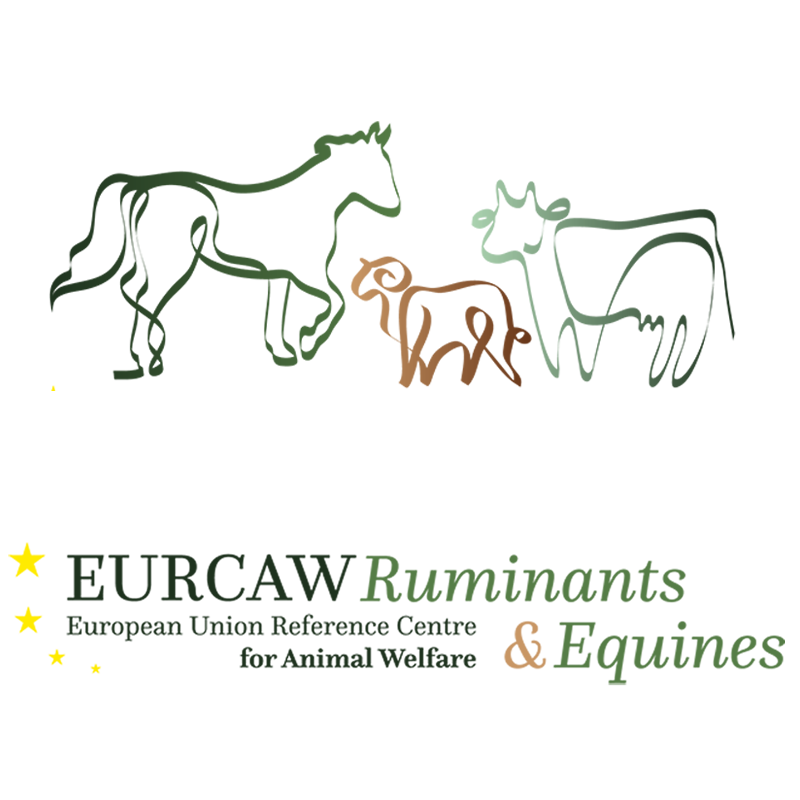Quality of Care
This dossier aims to help Competent Authorities and other stakeholders with issues related to the quality of care of equines and ruminants. The dossier is updated periodically by the EURCAW Ruminants & Equines team. The text is meant to support Competent Authorities, and is not legally binding.
Legislation
The legal requirements referred to in thematic and indicator factsheets are based on EU legislation. National regulations in EU Member States may exceed these requirements.
Council Directive 98/58/EC of 20 July 1998 lays down the minimum requirements for the protection of animals kept for farming purposes and requires owners or keepers to not cause unnecessary pain, suffering or injury, and inspect animals at least once a day or at intervals to avoid suffering.
Article 2, Paragraph 2.
‘Owner’ or ‘keeper’ means any natural or legal person or persons responsible for or in charge of animals whether on a permanent or temporary basis
Article 3.
Member States shall make provision to ensure that the owners or keepers take all reasonable steps to ensure the welfare of animals under their care and to ensure that those animals are not caused any unnecessary pain, suffering or injury
Annex – Staffing, Paragraph 1
Animals shall be cared for by a sufficient number of staff who possess the appropriate ability, knowledge and professional competence
Annex – Inspection, Paragraph 2
All animals kept in husbandry systems in which their welfare depends on frequency human attention shall be inspected at least once a day. Animals in other systems shall be inspected at intervals sufficient to avoid any suffering
Council Directive 2008/119/EC of 18 December 2008 lays down the minimum standards for the protection of calves and requires that calves must be fed twice a day with an appropriate diet adapted to their age, weight and behavioural and physiological needs, to promote good health and welfare.
Annex 1, Paragraph 6
All housed calves must be inspected by the owner or the person responsible for the animals at least twice daily and calves kept outside must be inspected at least once daily. Any calf which appears to be ill or injured must be treated appropriately without delay and veterinary advice must be obtained as soon as possible for any calf which is not responding to the stick-keeper’s care. Where necessary, sick or injured calves must be isolated in adequate accommodation with dry, comfortable bedding.
Knowledge
The quality of animal care is a major factor in improving farm animal welfare. The quality of care depends on the Human-Animal Relationship, the handling practices of personnel and the management practices on farms. Several factors influence the relationship between caretakers and their animals, such as herd size, number of caretakers, frequency and duration of contact between human and animal and consistency in interactions. This review covers the current literature on qualitative and quantitative factors in the Human Animal Relationship and caretaking, as well as recommendations to improve animal welfare through the caretaker.




